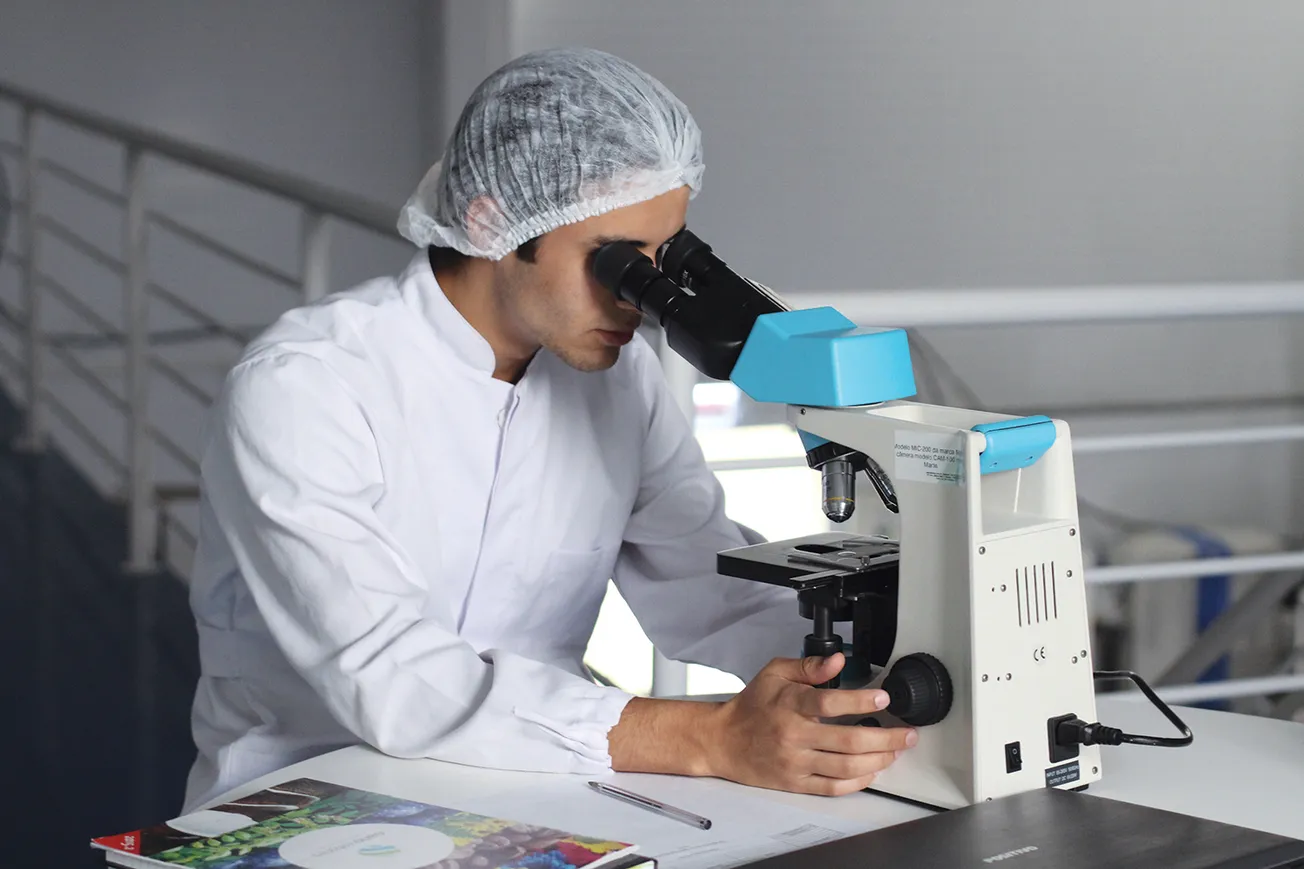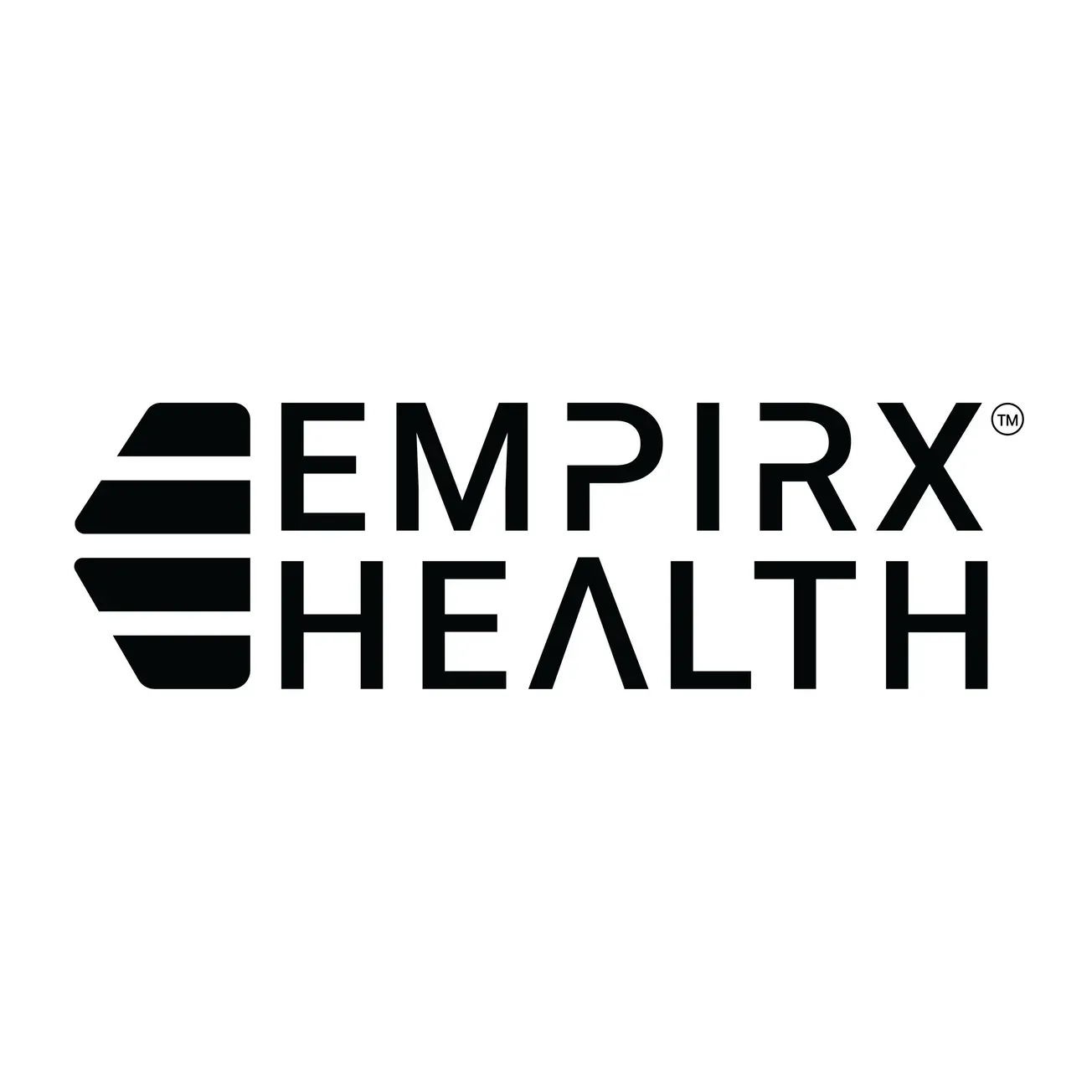LAS VEGAS — At AWS re:Invent, Amazon Web Services, Inc. (AWS), announced it is working with Accenture to help Merck to move a substantial portion of its IT infrastructure to AWS as part of the company’s multiyear cloud migration.

As part of this initiative, Merck selected AWS as its preferred cloud services provider and Accenture as its professional services partner to transition core applications like SAP, machine learning (ML), and data warehouses to AWS—enabling Merck to help accelerate scientific research and discovery.
Merck has been working with AWS and Accenture since 2021 to help transform its value chain and accelerate its cloud migrations efforts. Merck is using the breadth and depth of AWS analytics and artificial intelligence (AI) services for key initiatives across its Research, Manufacturing, Human Health, and Animal Health divisions, as well as its internal global support functions. For example, Merck is using a manufacturing platform built on AWS to help identify complex defects, such as cracks or the presence of foreign particles, where there is limited training data and to reduce false positives for rejected medicines. Merck used Amazon SageMaker, a fully managed service to build, train, and deploy ML models, to develop an inference pipeline for a manufacturing platform known as HawkAVI that derives insights from terabytes of inspection data from machines across manufacturing sites. This use of generative AI and ML has enabled Merck to improve product availability and yield, accelerate rapid root cause analysis, and reduce false rejection rates, which leads to more availability of its products.
Working in collaboration with Accenture, Merck also selected AWS to strengthen its high-performance computing (HPC) capabilities to accelerate therapeutic discovery. Through HPC on AWS and AWS HealthOmics, a purpose-built service for biological insights and automation, Merck can scale its protein model prediction and omics analytical work and run HealthOmics managed workflows such as AlphaFold to speed drug discovery. Merck also migrated all SAP workloads to AWS—including SAP Business Warehouse, SAP HANA Sidecar, and SAP Master Data Governance—to increase resilience and adapt resourcing requirements to meet business demands.
To support business operations across the company, Merck’s cloud modernization program drives training, diversity, and development through a new operating model to improve the employee experience. Merck also created an internal academy to upskill its employees on cloud technologies including AWS services and to advance the company’s technology transformation.
Moving forward, efficiencies achieved through the cloud migration will also enable Merck to redirect resources to other strategic programs. AWS and Accenture developed a systematic, value-driven approach based on data from previously modernized systems to track savings realized from rehosted, retired, or modernized applications. This expansive framework enables the team to point to any application and identify the precise savings generated by an action. Merck has already used this framework to free up significant IT operational savings that can support other strategic initiatives.
“Merck’s goal is to ensure our medicines and vaccines reach customers and patients faster while meeting our high-quality standards. Our work with AWS and Accenture is helping us transform the way we operate at every stage of the value chain—from therapeutics discovery and development to delivery,” said Dave Williams, executive vice president, chief information and digital officer, Merck. “The true power of moving to AWS will come from our ability to use technologies like generative AI to make more data-driven decisions in support of patients.”
“Using machine learning and generative AI has the potential to accelerate innovations and increase efficiencies, to drive scientist and clinician productivity, and to streamline clinical processes to enhance research, drug development, and scientific breakthroughs,” said Dan Sheeran, general manager for Healthcare and Life Sciences at AWS. “We look forward to building on our long-standing relationship with Merck, helping them unlock the potential of science and health data to reduce drug and clinical development cycle times and increase the availability of its medicines and vaccines globally.”
“Accenture’s work with AWS and Merck will drive lasting success and the value gained will be greater for its employees and patients worldwide. It’s a powerful experience when our work rewards us with lives saved or patient outcomes improved,” said Jason Anderson, a senior managing director with Accenture’s Life Sciences industry practice. “Merck’s rapid enterprise transformation is an example of how the life sciences industry can respond to vast opportunities ahead—by tapping into the strength of their ecosystem, anchoring a cloud strategy to economic business cases, and adopting a talent strategy aligned with growth.”









